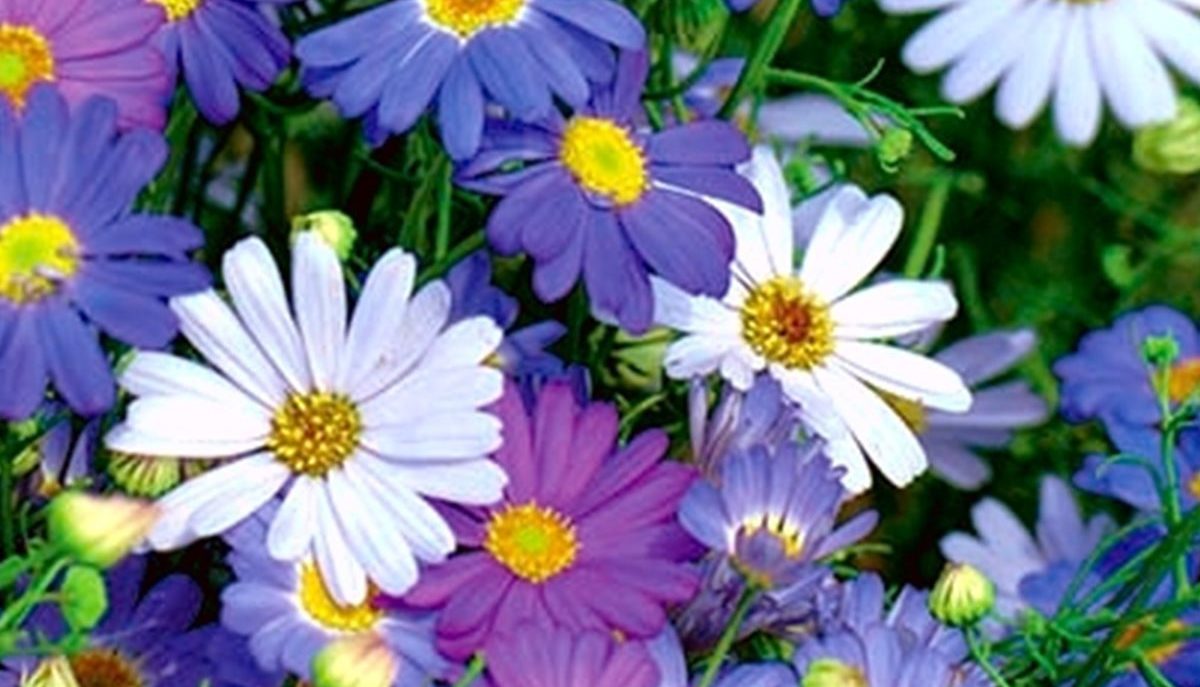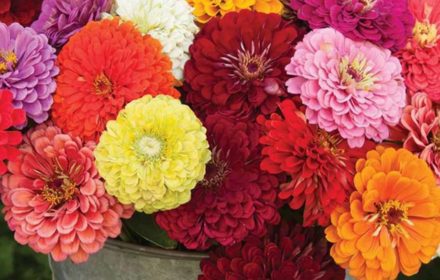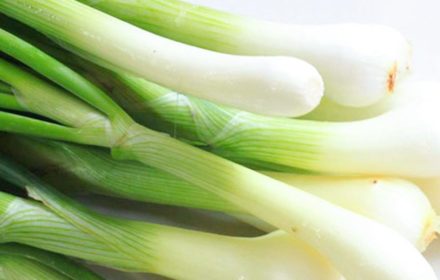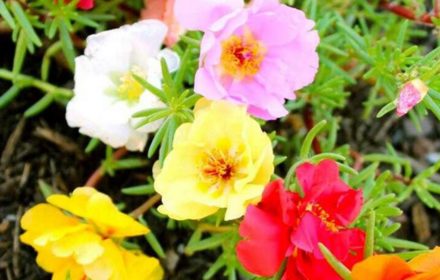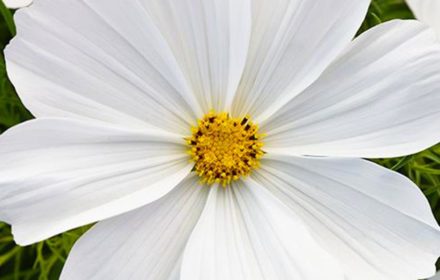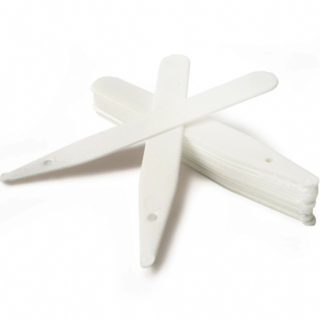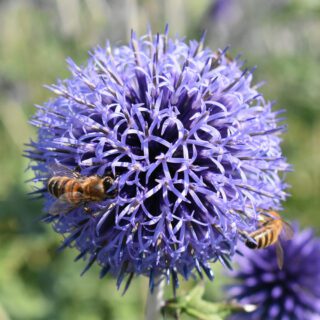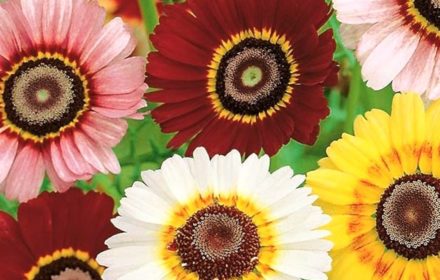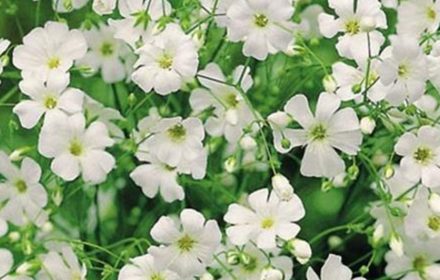How to Sow Mixed Colour Daisy Seeds in the UK
Mixed Colour Daisy, native to Western Australia, is a hardy plant known for its vibrant white, blue, and violet flowers with cheerful yellow centres. These daisies are perfect for adding colour to pots, containers, windowsills, rockeries, bedding, and borders. Growing to a height of 1 to 3 feet with a spread of 1.5 feet, they thrive in British weather conditions, making them a gardener’s favourite.
When to Sow Mixed Colour Daisy Seeds
- Indoor Sowing: Start seeds indoors from late winter to early spring (February to April) for earlier blooms.
- Outdoor Sowing: Sow directly outdoors in late spring (May), once the risk of frost has passed, and the soil has warmed up.
Step-by-Step Guide to Sowing Mixed Colour Daisy Seeds Indoors
- Prepare Containers: Fill seed trays or small pots with fine-textured seed compost.
- Sowing the Seeds: Sprinkle the seeds sparingly on the surface of the compost. Cover lightly with a thin layer of seed compost (no more than 1/8 inch) as the seeds require light to germinate.
- Germination Conditions: Place the containers in a warm, well-lit area, such as a windowsill or propagator. Maintain a temperature between 18-21°C (64-70°F).
- Watering: Keep the compost moist but not waterlogged. Water only when the surface begins to dry out to avoid overwatering.
- Germination Period: Germination typically takes 10-21 days under optimal conditions.
Step-by-Step Guide to Sowing Mixed Colour Daisy Seeds Outdoors
- Soil Preparation: Choose a sunny or partially shaded spot with well-drained soil. Loosen the soil and remove any weeds or debris.
- Sowing the Seeds: Scatter seeds directly onto the prepared soil surface. Lightly rake or press them into the soil without fully covering them, as light aids germination.
- Watering: Water gently after sowing to settle the soil. Keep the area moist but avoid waterlogging.
Caring for Mixed Colour Daisy Plants
- Transplanting: When indoor seedlings reach a height of about 5 inches and have developed strong roots, transplant them to their final location. Gradually harden them off by exposing them to outdoor conditions for 7-10 days before planting outside. Space the plants about 2 inches apart for compact growth or wider for a spreading effect.
- Watering: Water regularly during dry periods, but avoid overwatering as daisies prefer well-drained soil.
- Sunlight: Daisies thrive in full sun to partial shade. Ensure they receive at least 6 hours of sunlight daily for the best blooms.
- Feeding: Apply a balanced fertiliser every 4-6 weeks during the growing season to encourage vibrant flowers and healthy foliage.
Maintaining Mixed Colour Daisies
- Deadheading: Remove spent blooms regularly to prolong the flowering period and encourage new growth.
- Weeding: Keep the area around the plants weed-free to reduce competition for nutrients and water.
- Self-Seeding: Allow a few flowers to go to seed at the end of the season if you wish to encourage self-seeding for blooms the following year.
Common Questions About Growing Mixed Colour Daisies in the UK
- Can daisies grow in containers? Yes, Mixed Colour Daisies are well-suited to pots and containers. Ensure the containers have good drainage and are placed in a sunny location.
- Do daisies need a lot of water? Daisies prefer moderately moist soil but are drought-tolerant once established. Avoid overwatering as this can lead to root rot.
- How tall do Mixed Colour Daisies grow? These daisies typically grow to a height of 1 to 3 feet, making them suitable for various garden settings.
- Are daisies frost-hardy? Mixed Colour Daisies are hardy plants but should only be sown outdoors after the last frost has passed to avoid damage to young seedlings.
By following this guide, you can successfully grow Mixed Colour Daisy seeds and enjoy a vibrant display of cheerful flowers throughout the season. Whether in containers, rockeries, or garden borders, these daisies will add a stunning touch of colour to your outdoor space.

